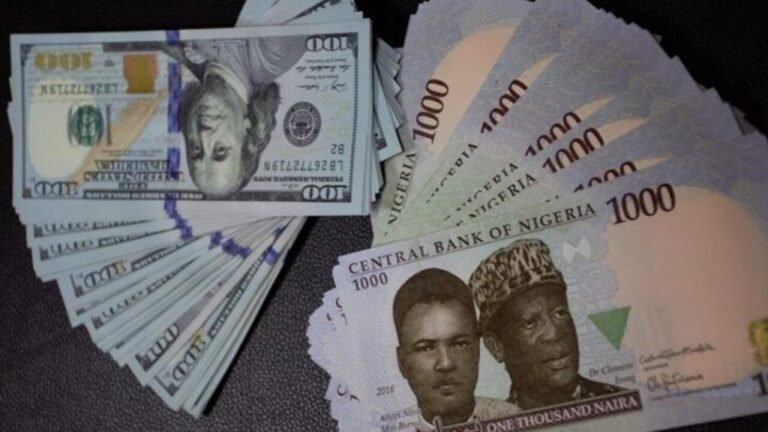The naira has shown signs of appreciation in the Nigerian Foreign Exchange Market, closing at 1530.52 to the US dollar on Wednesday, marking a 0.16% increase from the previous session’s rate of 1532.93. According to data from the Central Bank of Nigeria (CBN), the naira traded as high as 1545/$ and dipped to a low of 1500/$ during the trading day.
In contrast, the parallel market remained stable, with CardinalStone Research reporting the naira unchanged at 1,585.00/$. This stability has resulted in a narrowing of the spread for speculative traders, with the gap between official and parallel market rates tightening to approximately 3.07% from 3.40% earlier in the week.
Despite the slight appreciation, analysts suggest that the market is stabilizing due to ongoing structural reforms and increased foreign exchange inflows. Tilewa Adebajo, CEO of CFG Advisory, remarked on the positive changes in the forex system, stating, “We really need to change our mindset about the exchange rate. The reason we are seeing some stability is because there is a new system where everyone uses one portal to buy and sell their dollars or whatever currency.”
Adebajo further explained that many Nigerians abroad are now using apps for money transfers, which provide official rates and streamline the settlement process. This has increased supply in the market and contributed to the recent stability in the naira’s value.
Comercio Partners praised the naira’s relative stability, noting that it has held steady within the N1,450-1,550 range against the dollar, which has helped control import costs that were previously escalating. However, they cautioned that sustained stability depends on consistent policy implementation and continued forex inflows.
While acknowledging the short-term gains, analysts from CardinalStone warned of potential risks stemming from expectations of weaker global crude oil prices, which could impact Nigeria’s forex stability and stoke inflationary concerns. Brent crude prices have already declined by 5.5% year-to-date, driven by a projected increase in global supply and changing demand dynamics.
With OPEC+ reaffirming its decision to gradually unwind 2.20 mbpd in voluntary production cuts starting April 1, 2025, the outlook for Nigeria’s forex stability remains vulnerable to external shocks. As the market evolves, the ongoing adjustments in policy and supply dynamics will be critical in shaping the future of the naira and its performance against the dollar.







